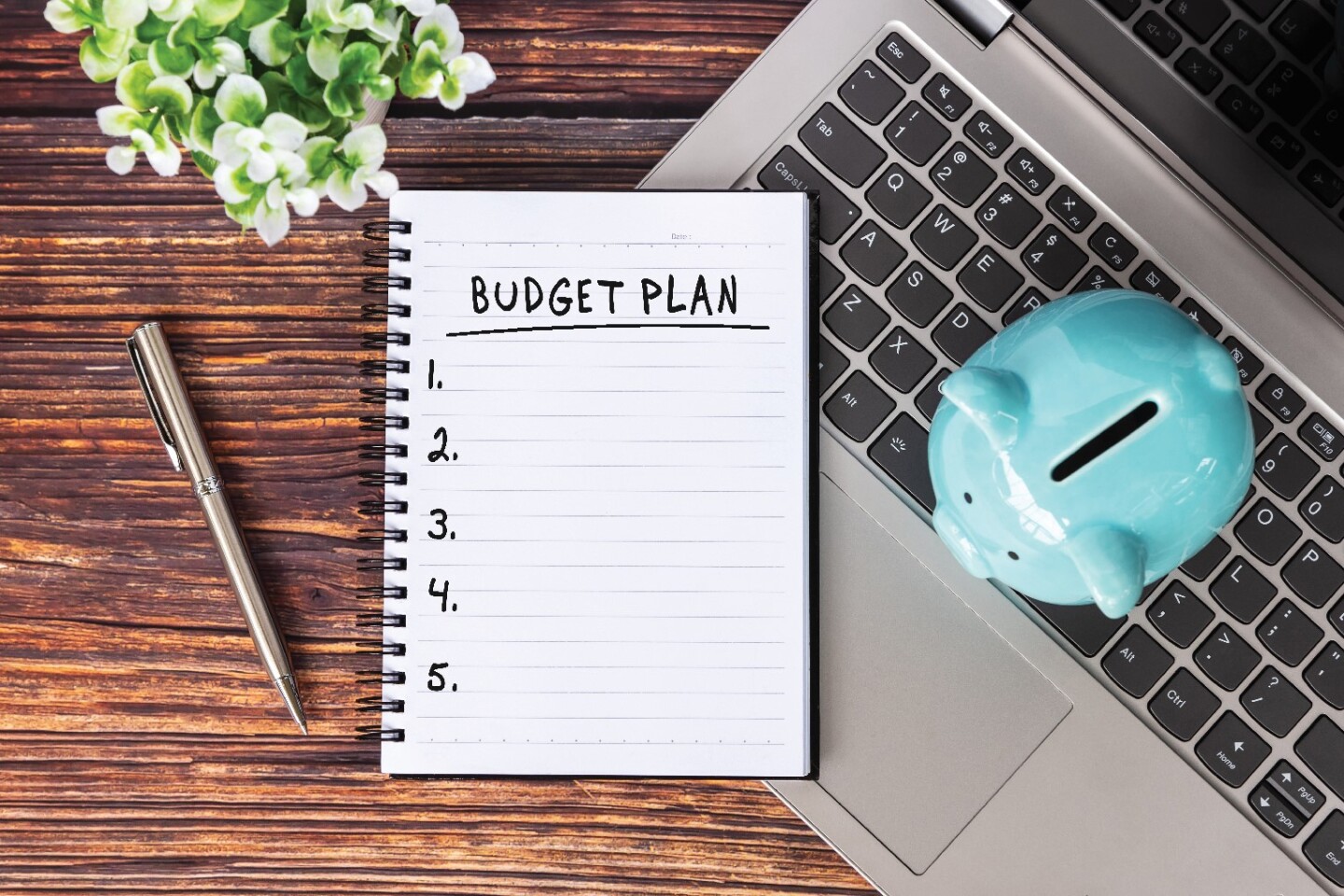The Truth About Financial Anxiety:
Why It’s So Common and How to Cope

If you’re constantly stressed about money—whether it’s paying bills, saving for the future or even just making it to the next paycheck—you’re not alone. Financial anxiety is a struggle for so many people, and it doesn’t matter if they’re earning a lot or just getting by. For many of us, it feels like there’s always something to worry about with money. But why is that? And what can we actually do to start feeling more in control?
The Impact of Past Economic Events
A big part of financial anxiety comes from the economic experiences that many of us have lived through, like the 2008 financial crisis. That event affected millions of people, and the fear of losing financial security has stuck around. Even though the economy may look stable today, it doesn’t always feel that way for everyone. Many people still worry about job security, paying off debt or handling unexpected expenses.
On paper, the economy seems fine—low unemployment, a steady stock market—but that doesn’t mean everyone is financially secure. Wages have been relatively flat for a lot of people, and the cost of living keeps going up. So, if you feel anxious, it’s not just you; it’s a real issue that a lot of people are facing.
The Pressure of Social Comparison
We’re constantly bombarded with images of people living their best lives, and it’s hard not to compare our situation to theirs. On social media, we see our friends and family sharing vacations, new homes and other financial “wins.” It’s easy to feel like we’re the only ones struggling or just getting by. But here’s a reminder: those posts are just highlights, not the full picture. They rarely show the financial challenges, debts or setbacks others face.
Recognizing the Signs of Financial Anxiety
Financial anxiety can show up in different ways, so it’s helpful to know what to look for. Here are a few common signs:
Fear of the Future
Many people find themselves worrying about long-term stability—things like retirement, job security and emergency expenses. If you’re constantly wondering, “What if something happens, and I’m not prepared?” you’re not alone.
Feeling Like You’re Falling Behind
Comparing yourself to others can leave you feeling inadequate, especially when it seems like everyone else is “ahead” financially. This can happen whether you’re comparing income, savings or even things like homeownership. If you’re feeling this way, know that financial milestones look different for everyone.
Living Paycheck to Paycheck
If you’re always watching your bank account balance, counting the days until your next paycheck, that stress adds up. Many people feel stuck in a cycle where one unexpected expense could completely throw them off. This “what if?” scenario can keep financial anxiety alive, even when you’re making ends meet.
Understanding the Psychology Behind Financial Anxiety
Let’s look at a couple of thought patterns that can fuel financial anxiety. These are normal but can sometimes make us feel worse if we’re not careful.
Worst-Case Scenario Thinking
It’s natural to want to be prepared, but if you’re always thinking about the worst-case scenario, it can be exhausting. You might find yourself constantly asking, “What if I lose my job? What if my car breaks down?” While planning for the unexpected is smart, continuously focusing on the worst possible outcome can keep you stuck in a state of stress.
One way to manage this is to try and put things into perspective. Ask yourself, “How likely is this really?” and “What’s one small step I can take to feel a bit more prepared?”
The Comparison Trap
We’ve all heard “comparison is the thief of joy,” and it’s especially true when it comes to money. Social media makes it easy to think everyone else has their finances perfectly together. But remember, what you see online is just a snapshot, not the full story. The best thing you can do is set personal financial goals that matter to you and track your progress based on where you want to be—not where someone else is.
Steps to Start Managing Financial Anxiety
If any of this sounds familiar, don’t worry—there are ways to start easing financial anxiety and taking back a sense of control.
Do a Self-Check
First, identify what’s really bothering you. Try writing down your specific financial worries. Sometimes, seeing them in black and white can make them feel a little less overwhelming. You might even find that some worries are less realistic than you thought.
Focus on What You Can Control
It’s easy to feel stuck if you’re thinking about all the things that could go wrong. Instead, focus on what’s actually within your control, like setting up a simple budget or creating small savings goals. Taking action, even in small ways, can make a big difference in how you feel.
Limit Social Media Time
If scrolling through social media makes you feel anxious or inadequate, give yourself permission to take a break. Instead, try celebrating your own financial wins, even if they’re small. Remember, everyone’s journey is unique, and your progress matters.
Taking the First Step
Financial anxiety is something many of us experience, but you don’t have to face it alone. At Minnesota Power Employees Credit Union (MPECU), we’re here to support you with resources, guidance and personalized financial solutions that can help you feel more in control of your finances. Take the first step toward financial confidence—explore our services and see how we can help at
MPECU.com
.


